China urges Canada to release Huawei executive or face consequences
China’s Foreign Ministry has called on Canada to immediately release Chief Financial Officer (CFO) of the global telecom giant Huawei Meng Wanzhou or face consequences.
“China strongly urges the Canadian side to immediately release the detained person, and earnestly protect their lawful, legitimate rights, otherwise Canada must accept full responsibility for the serious consequences caused,” read the statement released on Saturday.
The statement also added that Chinese Vice Foreign Minister Le Yucheng had summoned Canada’s ambassador in Beijing to express his “strong protest” over the affair.
The statement quoted Le as saying that the arrest “ignored the law, was unreasonable and extremely nasty.”
Le further decried Meng’s detention, done on demand of the United States while changing a flight in Vancouver, as a serious breach of her rights.
The Chinese reaction came after Meng appeared in court on Friday.
The six-hour-long hearing was adjourned until Monday, when the judge is expected to render a decision on bail.
Meng, who is also the daughter of Hauwei's founder and president Ren Zhengfei, is known to be a possible heir to her father's company.
The exec was arrested on December 1 on accusations of covering up her company’s links to a firm that tried to sell equipment to Iran, which is under US sanctions.
During Friday's hearing, the court was informed that if extradited to the US, Meng would be charged with conspiracy to defraud multiple financial institutions and could face up to 30 years in prison for each charge.
A Huawei spokesman, however, said the company has “every confidence that the Canadian and U.S. legal systems will reach the right conclusion,” on Friday.
Crackdown on Huawei
Huawei, one of the world's largest telecommunications equipment and services providers, has come under growing scrutiny by Western governments based on allegations of espionage activities on behalf of the Beijing government.
Earlier this year, Australia, New Zealand and Britain rejected some of the company's services over alleged security concerns.
Japanese media also reported last week that Tokyo was effectively going to ban government purchases of telecommunications products from Huawei and Chinese tech firm ZTE over “fears of intelligence leaks and cyber attacks.”
Some observers believe the growing pressure on Huawei reveals a different aspect of the so-called "trade war" against China's emerging economy, specifically targeting its presence in the technology market.
Last week, China and the US agreed to a temporary "ceasefire" in their trade war. The announcement came after high-level talks took place between US President Donald Trump and Chinese President Xi Jinping in Argentina.
VIDEO | Iran-Syria: For Resistance
Qassam Brigades claims killing 3 Israeli troops in northern Gaza
More alive than ever: Sayyed Hassan Nasrallah's legacy grows stronger in martyrdom
Occupation of Syria’s highest peak Mount Hermon part of ‘Greater Israel’ project
Iran: Syrian people will decide their future without foreign interference
IRGC says Iran’s power exceeds borders, warns enemies to adjust themselves
Dozens detained, several wounded in Israeli raids in West Bank
‘Ethnic cleansing’: Hamas blasts Israeli attacks on Gaza hospital amid intl. silence


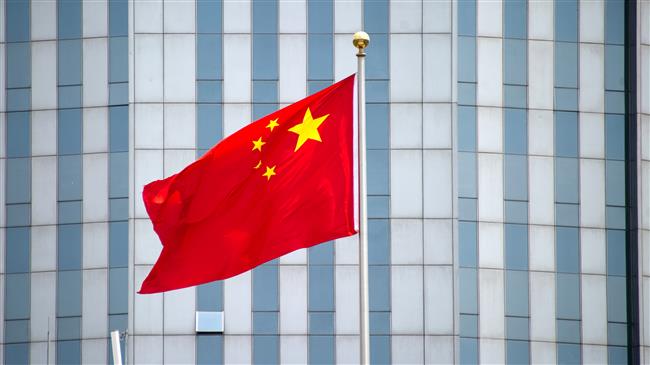


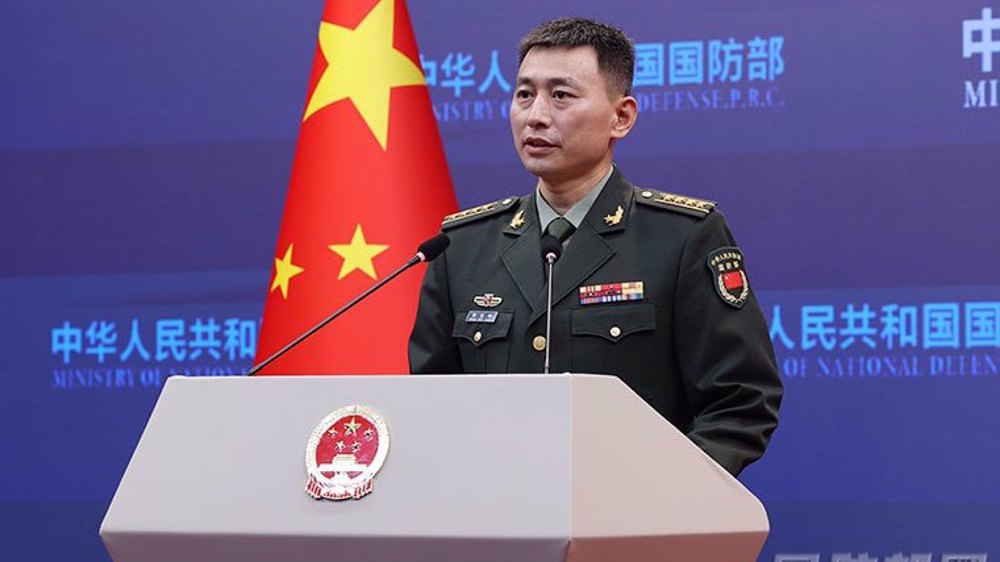
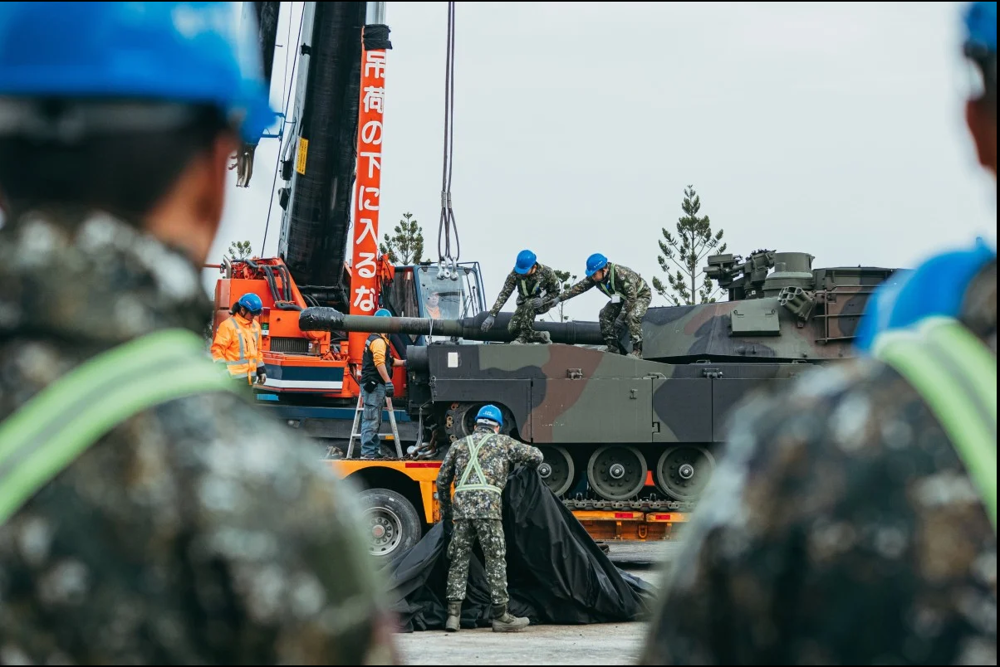






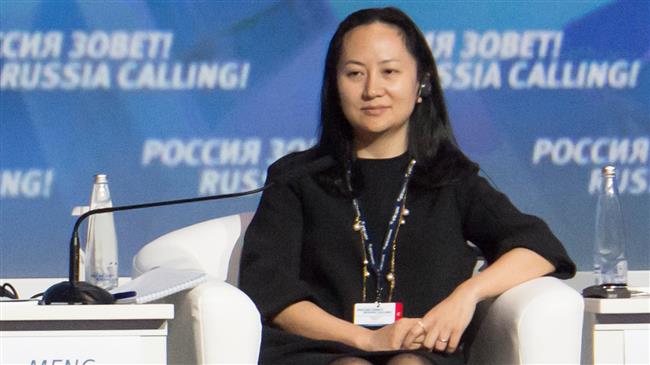
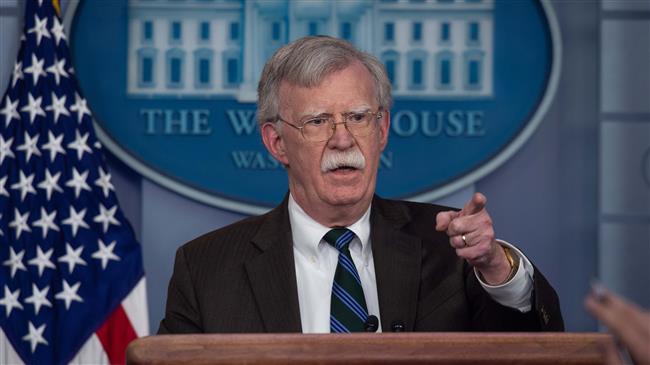
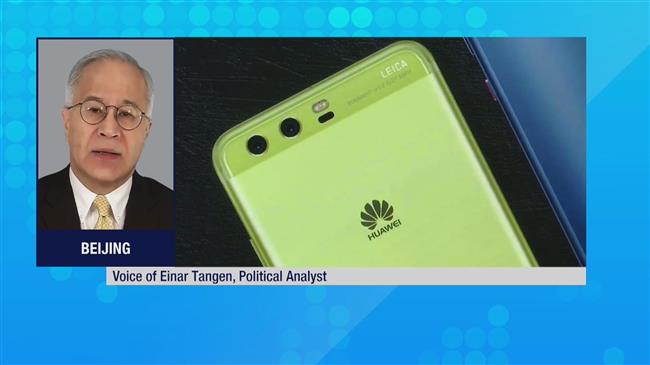

 This makes it easy to access the Press TV website
This makes it easy to access the Press TV website